Publications
Featured publications
-
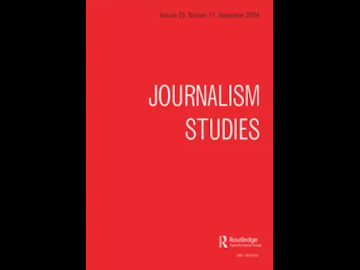
Article / Authoritarian populism and structural limitations on journalism in selected European countries
2024 | Other publishers
A comparative article on the structural limitations of authoritarian populism on journalistic practices in Eastern and Central Europe.
-
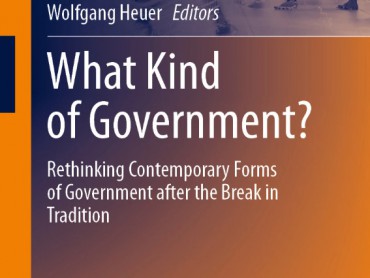
Vlasta Jalušič (ed.)
Book / What Kind of Government? Rethinking Contemporary Forms of Government after the Break in Tradition
2024 | Other publishers
Springer has published the book What kind of government? Rethinking Contemporary Forms of Government after the Break in Tradition, edited by Vlasta Jalušič and Wolfgang Heuer.
-
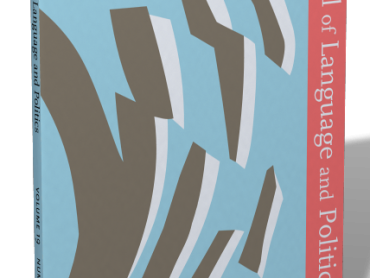
Birgit Sauer, Daniel Thiele, Iztok Šori et al.
Article / Borderless fear? How right-wing populism aligns in affectively framing migration as a security threat in Austria and Slovenia
2024 | Other publishers
The findings point to a worrying convergence of anti-migration discourse across borders and to the potential spread of a right-wing populist bloc unified by fear of migration.
-
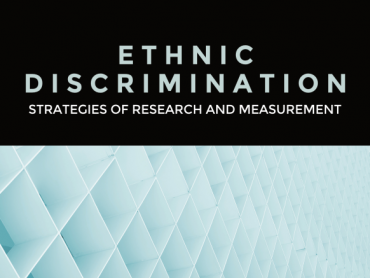
Book / Ethnic Discrimination: Strategies of Research and Measurement
2023 | Other publications
The book presents in detail and critically evaluates different ways of “measuring” ethnic discrimination, breaking new ground in the field of empirical data collection on unequal treatment as well...
-
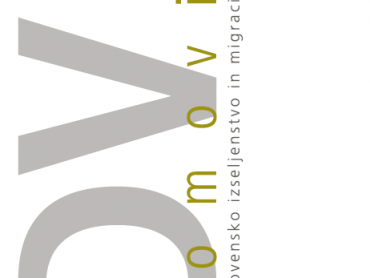
Article / Legislative and Judicial Responses to the “Refugee Crisis” in Slovenia and Austria: A Comparative Perspective
2023 | Other publishers
In the last issue of the journal ‘Dve domovini/Two Homelands’, Neža Kogovšek Šalamon compares the key normative approaches to responses to the 2015–2016 “refugee crisis” in Slovenia and Austria.
-
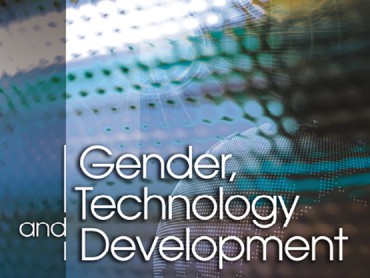
Mojca Pajnik, Rok Smrdelj (FA, UL)
Article Intersectional representation in online media discourse: reflecting anti-discrimination position in reporting on same-sex partnerships
2022 | Other publishers
Taking the example of online media reporting on same-sex partnerships in Slovenia, the authors analyze how power relations are reinforced when one type of media discourse fails to acknowledge...
-
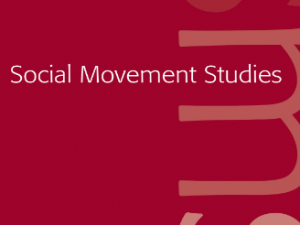
Article / Emotional solidarity: social movements’ framing of migration
The journal Social Movement Studies has published an article by Mojca Pajnik and Marko Ribać on emotional solidarity within social movements in the field of migration.
-
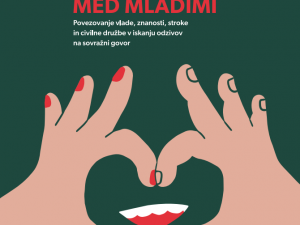
Chapter / Why is Hate Speech a Problem?
Veronika Bajt has a contributed in the academic monograph Compassionate Language among Youth: Linking Government, Science, Profession and Civil Society in the Search for Responses to Hate Speech, just...
-
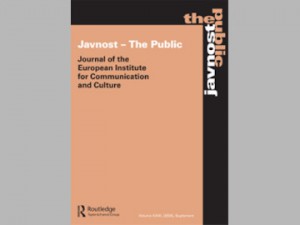
Article / Media Creation of Anti-refugee Hate Speech in Facebook Comments
A new study presented in the journal the Public provides an in-depth analysis of anti-refugee hate speech in Facebook comments.
-
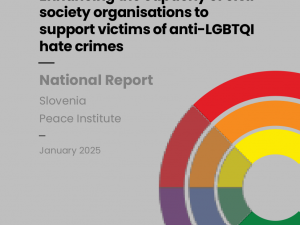
National Report on Anti-LGBTIQ+ Hate Crime in Slovenia Released
Katarina Vučko, Katerina Kočkovska Šetinc, Maja Ladić et al.
The report underscores the importance of recognizing and addressing all forms of anti-LGBTIQ+ harm to better support affected communities.
-
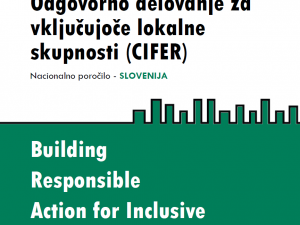
Report / Building Responsible Action for Inclusive Local Communities, National report – Slovenia
Ana Frank, Maja Ladić, Veronika Bajt et al.
The purpose of this national report is to offer basic knowledge for further activities and comprehensive information about problems in the field of racism, xenophobia and intolerance in Ljubljana,...
-
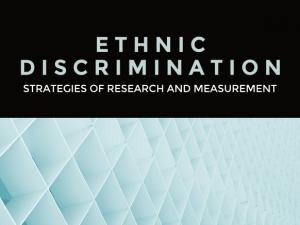
Book / Ethnic Discrimination: Strategies of Research and Measurement
The book presents in detail and critically evaluates different ways of “measuring” ethnic discrimination, breaking new ground in the field of empirical data collection on unequal treatment as well...
-
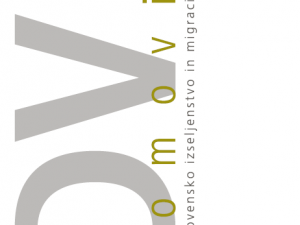
Article / Legislative and Judicial Responses to the “Refugee Crisis” in Slovenia and Austria: A Comparative Perspective
In the last issue of the journal ‘Dve domovini/Two Homelands’, Neža Kogovšek Šalamon compares the key normative approaches to responses to the 2015–2016 “refugee crisis” in Slovenia and Austria.
-
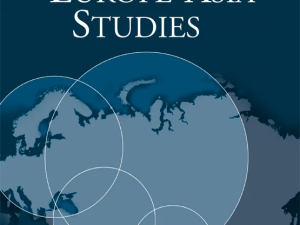
Article / The Transversal Political Logic of Populism: Framing the ‘Refugee Crisis’ in Slovenian Parliamentary Debates
Emanuela Fabijan, Mojca Pajnik
In the article the authors Mojca Pajnik and Emanuela Fabijan analyse how politicians in Slovenia responded to migration during and after the ‘refugee crisis’ (2015–2019).
-
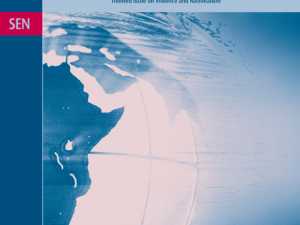
Article Whose children? The EU and Member States’ integration policies in education
The authors argue that nationalism and the denial of rights in EU member states are the two main obstacles that prevent integration from becoming a two-way process, focusing...
-
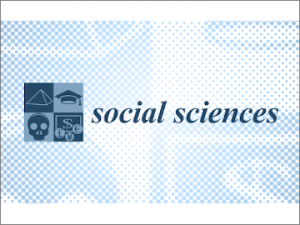
Reported User-Generated Online Hate Speech: The ‘Ecosystem’, Frames, and Ideologies
Iztok Šori (Peace Institute) and Vasja Vehovar (Faculty of Social Sciences) published an article in the journal Social Sciences in which they analyze hate speech reported by Internet users...
